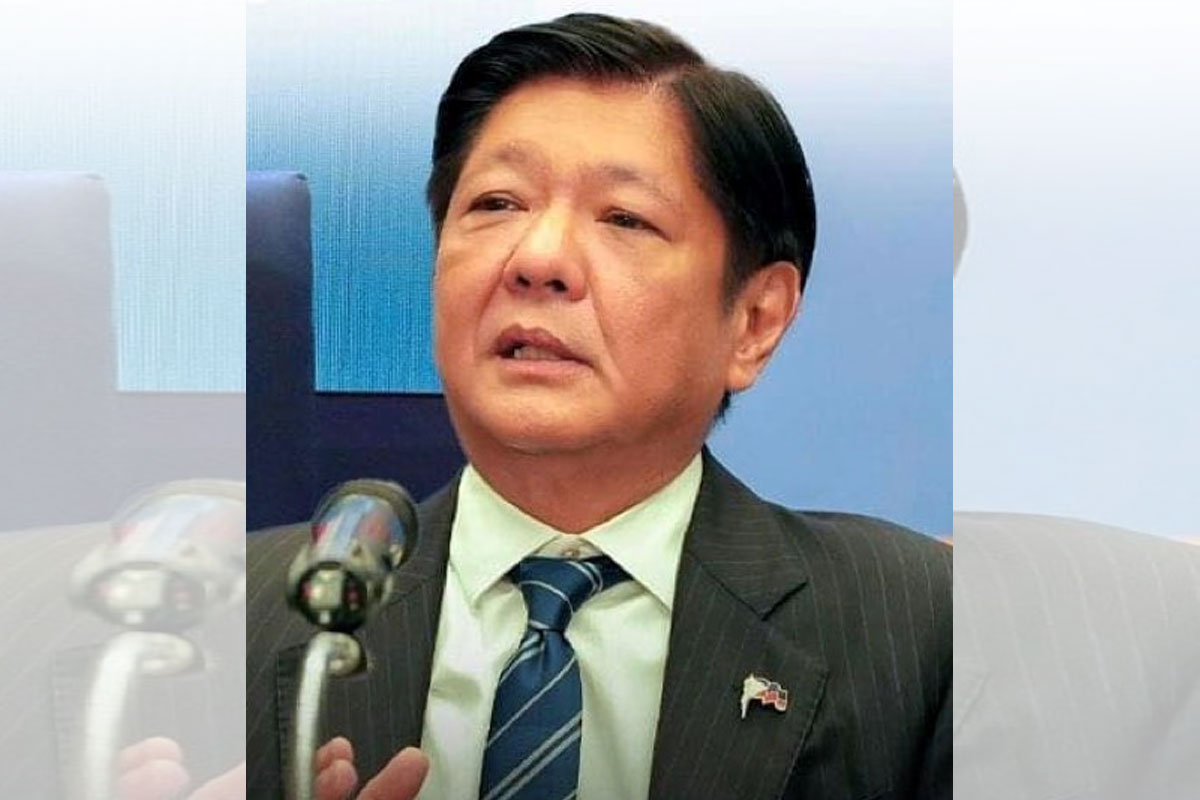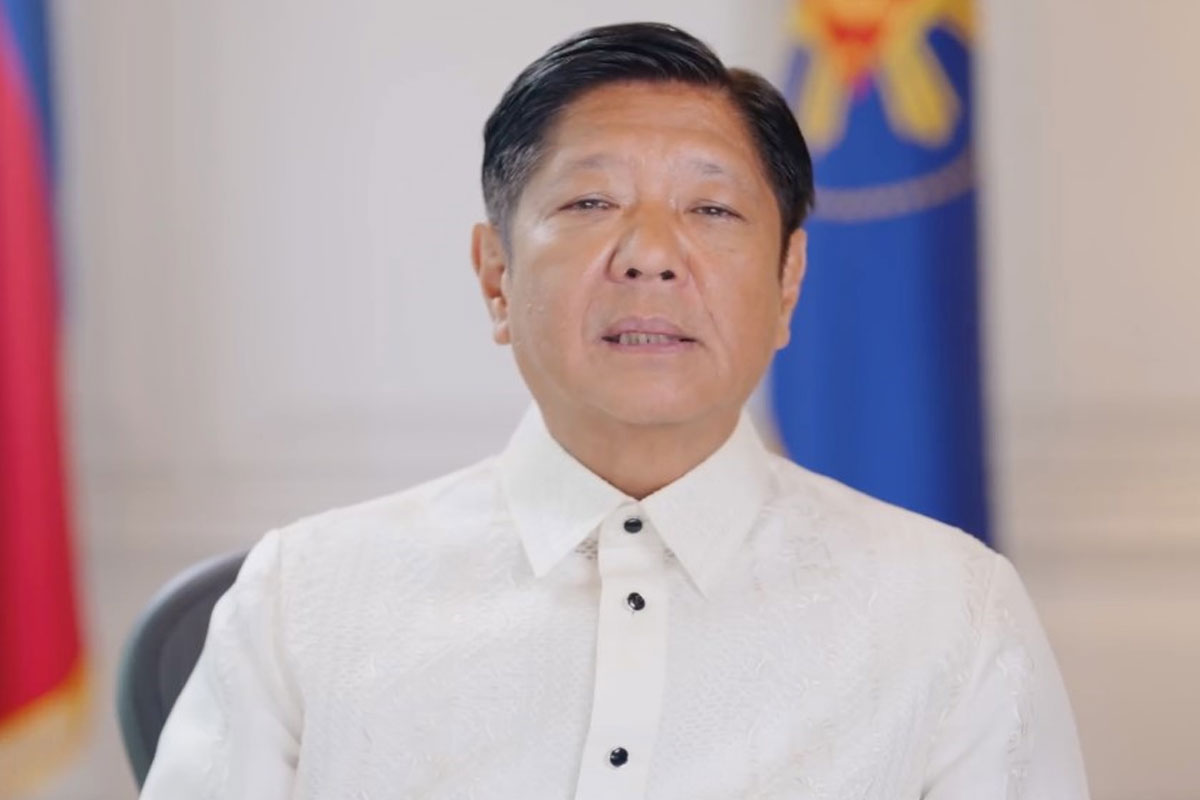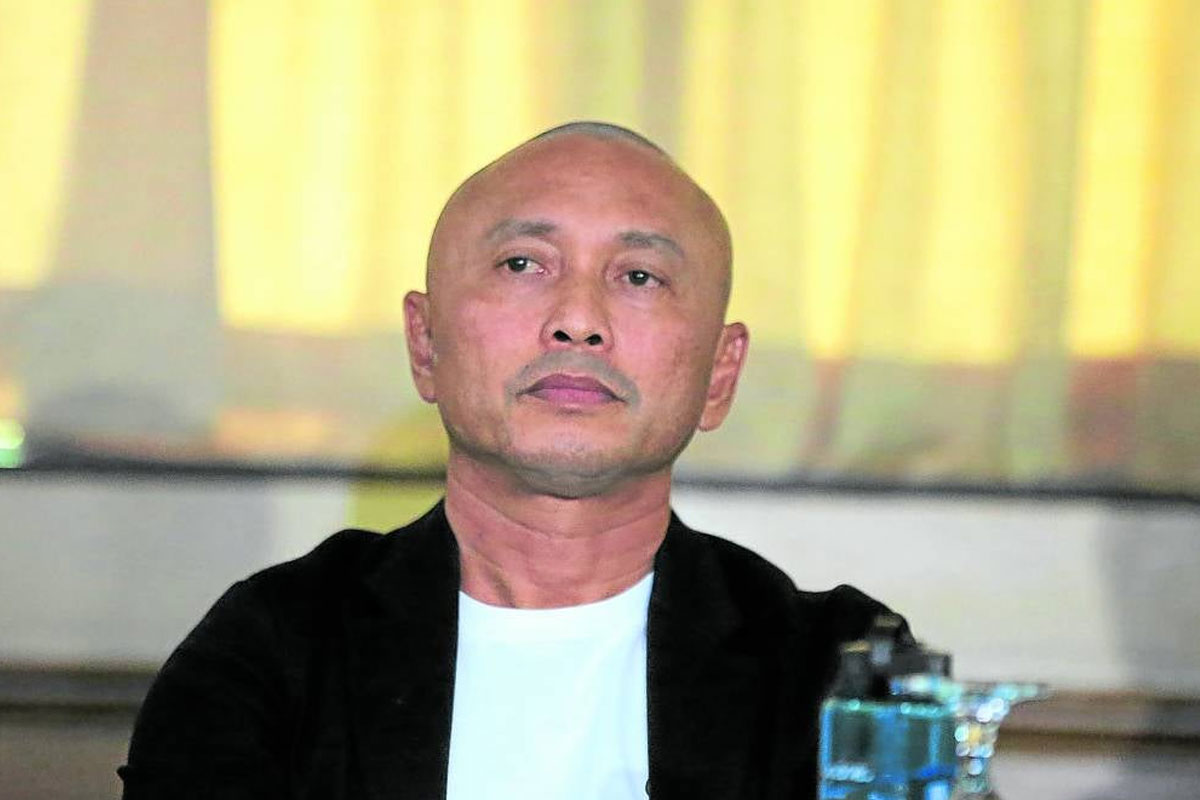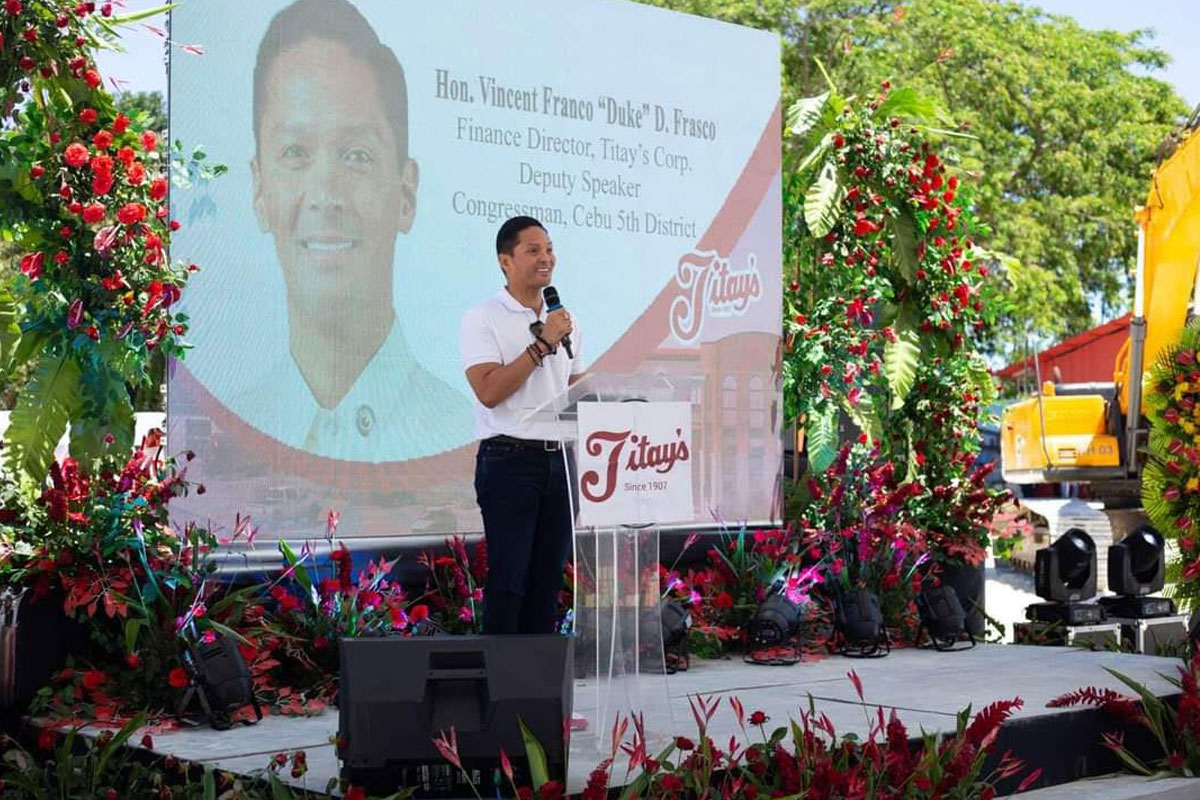
DepEd, partners promote handwashing for safe F2F classes
AS the full implementation of face-to-face classes (F2F) approaches, the Department of Education (DepEd) and its partners highlight the need to increase access to handwashing facilities for safe learning environments.
According to an update of the WHO-UNICEF Joint Monitoring Panel for Water, Sanitation and Hygiene 2021, some 64% of schools have access to handwashing facilities.
DepEd has allotted millions of pesos for the construction and repair of water, sanitation, and hygiene facilities in public schools.
In celebration of 2022 Global Handwashing Day, DepEd, the Department of Health (DOH), UNICEF (United Nations International Children’s Emergency Fund), WHO (World Health Organization), and the City of Marikina called on different sectors to promote proper handwashing.
Under this year’s theme, “Sama-samang ikaway, Malilinis na Kamay!” – partners gathered at the Marikina Elementary School to reaffirm their commitment to strengthening programs on hand hygiene and increasing access to hand hygiene facilities for schools and other community spaces, such as markets, health centers, and offices.
Evidence showed that handwashing with soap can reduce diarrhea by 30% and respiratory infections by up to 20%.
Based on DOH’s 2019 Philippine Health Statistics, although diarrhea and pneumonia are preventable, in the Philippines, they rank high among the ten leading causes of death for children 1 to 4 years old.
According to the Food and Nutrition Institute (FNRI), handwashing contributes to the reduction, prevention and elimination of stunting. Around 30% of children under five in the Philippines are stunted.
“Hand hygiene promotion has always been part of our curriculum implementation, infrastructure development, and school governance. And in the face of COVID-19, we intensified our WASH in Schools (WinS) program, while underlining additional infection prevention and control measures to promote hand hygiene,” said Undersecretary for Field Operations and Governance Atty. Revsee Escobedo in his message read by Bureau of Learner Support Services Director Lope Santos III.
“Since the beginning of the COVID-19 pandemic and even prior, the DOH has strongly advocated for the regular use and practice of proper handwashing not only does it help get rid of viruses and other pathogens, which in turn prevents transmission of COVID and other communicable diseases, but it also strengthens and instills good and healthy habits of protection not just for children and schools but for healthy communities as well,” DOH Officer-in-Charge (OIC) Dr. Maria Rosario Singh-Vergeire said.
Meanwhile, in Marikina City, the multi-sectoral initiative has been adopted and received positively.
“The City Government of Marikina puts primary importance on the health of every Marikina family. One of our longstanding priorities is to provide and maintain a clean and safe environment, especially for our children. We have been encouraging frequent handwashing as part of our COVID-19 health protocols, and now we are excited to implement the Health Promotion Playbook on behavioral nudges in our communities. This will help make handwashing with soap a healthy habit in Marikina,” Mayor Marcelino Teodoro said.
Partners emphasized joint action as the key to ensuring widespread accessibility of hand hygiene facilities.
“The commitment of our partners – from the national and local governments – is a welcome initiative to help us prepare for future outbreaks. Everyone has their own role to play to make universal access to hand hygiene a reality for all, including across schools, communities, public spaces, and health care facilities,” Dr. Graham Harrison, OIC of WHO Philippines, said.
Oyunsaikhan Dendevnorov, UNICEF Representative in the Philippines, added: “Handwashing is one of the basic yet most critical ways to improve children’s health and well-being. Access to handwashing facilities and supplies is fundamental in ensuring children’s right to a clean, healthy environment that supports their optimal growth and development. Let us all work together to achieve universal hand hygiene for children.”
In support of the school reopening and recovery from super typhoon “Odette”, UNICEF, in collaboration with partners, has assisted in the construction or repair of handwashing facilities in 96 schools and six healthcare facilities; completion of handwashing facility improvements is also ongoing in another 107 schools and child development centers.



















